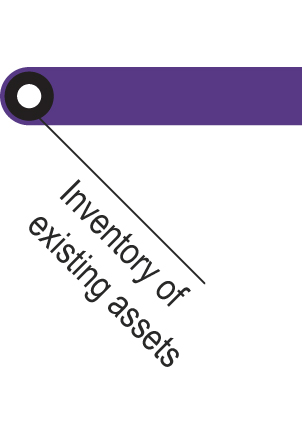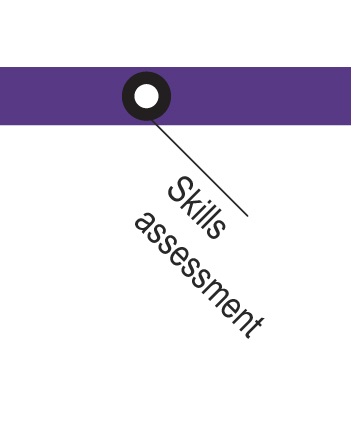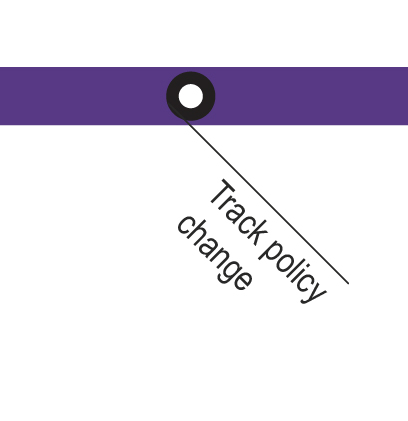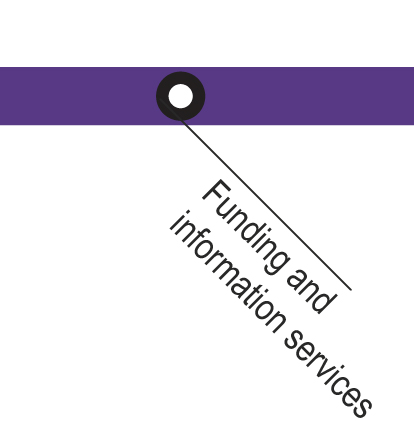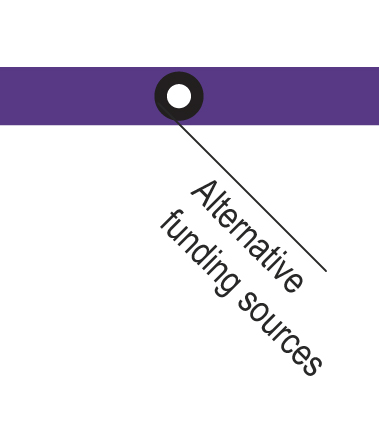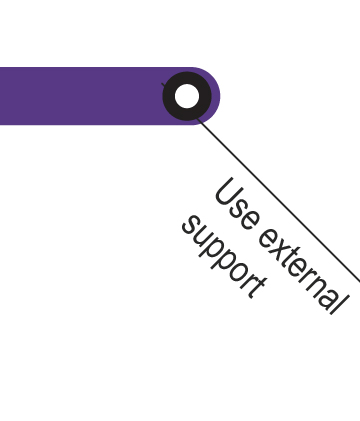KEEPING TRACK WITH INFORMATION ON FUNDING SOURCES will help you to gain awareness of existing information providers at EU, national and local level and gain a better understanding of where relevant information on funding programmes can be accessed.

In terms of EU funding, there are many platforms and websites that offer extensive information on funding programmes and support material and guides for applicants. EU tender portals, EU programme websites, National Contact Points, and EU Managing Authorities provide information free of charge, and often offer newsletter or alert services to keep interested organisations up to date. You city or region might even have an office or unit in Brussels to keep you informed.
There are also membership organisations, networks and thematic groupings that have information portals and that provide bespoke funding alert services, at times for a fee or for members only.
Regarding domestic funding sources, similar services exist including grant finder platforms, public sector funding portals, national government websites, local authority or groups of municipalities and associations that provide information services on public sector funding opportunities. In addition, NGOs, thematically focused associations and sector specific networks and support organisations.
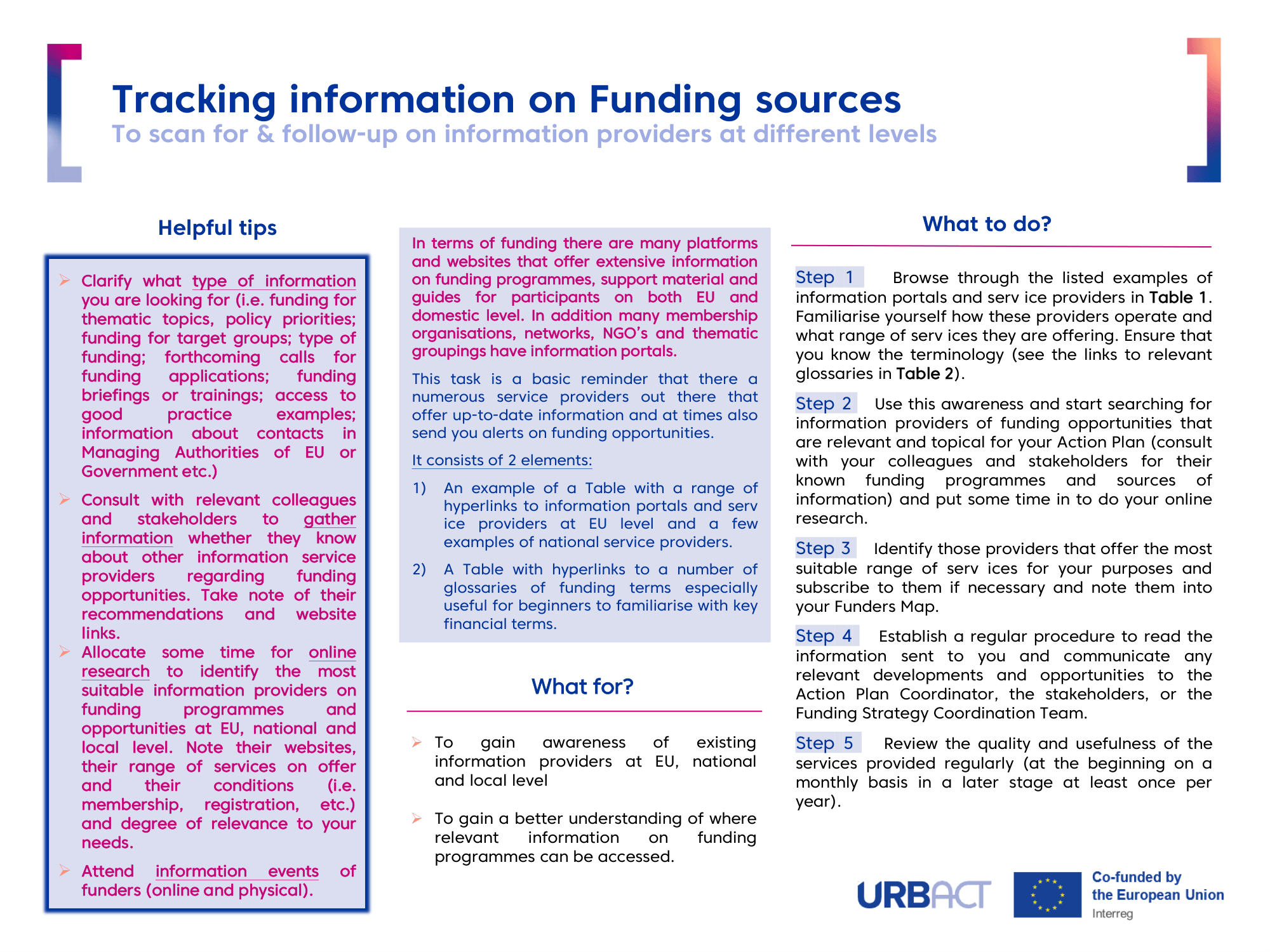
This step is a basic reminder that there are a number of service providers out there that offer up-to-date information and at times also send you alerts on funding opportunities when you sub-scribe.
The toolsheet will provide you with a list of good glossaries of relevant terms and some examples of different sources of information.
| Who is the tool for? | When should the tool be used? |
The Coordinator of the Action Plan The Funding Coordinator | You should start looking for funding already during the design stage of your Action Plan. This will help you to keep in touch with relevant developments on the funding landscape and to alert the stakeholders of any forthcoming funding opportunities. |
Click on the stations to navigate through the Inventory line!
Key challenges of the step
- Depending on the thematic complexity of your Action Plan, the necessary time for your online search of information providers covering the various aspects of your Action Plan can be substantial.
- It might be challenging not to over- or under-subscribe to information providers. While you want to avoid an over-supply of the same type of information, you also want to avoid missing out on relevant information. In most cases, it will take a little time to experiment with different information providers and services before you find the one best suited for you.
- At times you have to sub-scribe to some information providers before you can assess the quality of their service.
Main risk
- If you do not regularly read what the information service provider is sending you, the risk is that despite being connected you are still missing relevant funding opportunities.
- The risk of relying on only one information service provider is that they might not cover all relevant interests of your Action Plan
Helpful tips
- Ensure to review the findings of Stop 1.1 where relevant websites, memberships and registrations with information service providers might have already been identified.
- Ensure to involve the stakeholder and other project partner organisations in this task to learn how they are connected to information service providers.
- Don't miss to search for thematic networks, associations and / or interest groupings (in line with the themes, target groups, and characteristics of your Action Plan). The websites of these topical groups and networks often integrate links or signpost to relevant funding programmes and information platforms regarding funding opportunities. These networks and groupings can exist and have helpful information at EU, national and local level.
- At national and local level, Government websites often contain relevant pages concerning funding programmes and opportunities.
- Although time consuming, engage in some online snowballing and take leads from one website identifying links to another, whilst staying focused on your key search topic.
- Attend information events of funders (online and physical) in most instances they have a good awareness of other funding programmes and/or information service providers which they can point out to you.
- Ensure that you will review the information provided by the chosen service providers regularly, not to miss important alerts about forthcoming funding opportunities or changes or new developments on the funding landscape.
Futher resources
Cohesion Policy Study: this short guidance will help you understand the different components of the Cohesion Policy and identify which funds can be of interest for your projects.

